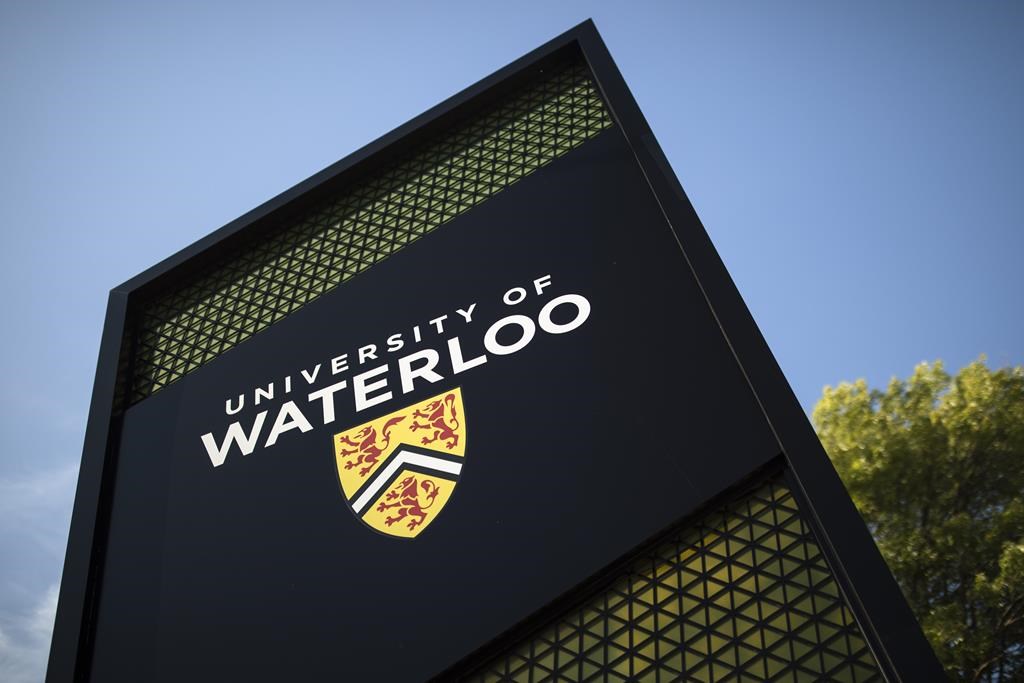The University of Waterloo is attempting to develop new talent and ideas about how cities should be managed and built with the unveiling of its new Future Cities Institute (FCI).

FCI director Leia Minaker told Global News that the school will “focus on how to solve the most important challenges and problems facing our cities so that future cities are both healthy and prosperous. And when I say healthy, I mean for both the people and the planet.”
With the help of a $10 million grant from homebuilder Caivan, the institute will offer students a chance to earn a Master of Engineering (MEng) degree in Future Cities.
The university says that the school will look to tackle long-term issues such as urban planning to address issues such as how to properly lay out cities and to make them sustainable.
“So the field of planning and the way we build cities hasn’t changed in a very long time,” Minaker explained. “And so the goal is to try to fix some of those policies that are there for a reason, but sometimes I think are a little bit antiquated and not keeping up with the technology and the practice that we can use in these very, very urgent things we need to address.”

Get breaking National news
She mentioned several issues such as housing affordability, climate change, aging infrastructure and aging population as areas which cities should be desperate to address with plans going forward.
“The way that we’re doing things right now, we’re not setting up our cities of the future to be healthy and prosperous,” Minaker said.
FCI intends to take advantage of the breadth of studies that Waterloo currently offers as it allows students from a variety of backgrounds to consider ways that cities can be optimized.
- Canada’s grocery code of conduct is coming in 2026. What it means for you
- ‘A normal thing now’: Canadian family says extortion gang is preying on them
- New citizenship rules now in effect for ‘Lost Canadians.’ What to know
- 3 kids die from influenza A-related complications since start of December in Ontario
“This kind of applied transdisciplinary research lens, that is going to be about putting a lot of brainpower and work into solving these big challenges,” the FCI director told Global News. “The idea is that no one person or no one discipline or no one sector can fully understand the big challenges that we’re facing.”
She noted that some of the methods that are currently being used in business such as strategic foresight will be taught to students at the school in an effort to apply those ideas to municipal planning.
“Strategic foresight, which is a way of approaching problems, recognizing that the future is uncertain and that there are multiple possible futures, and thinking about how to anticipate those futures and then manage the challenges that might arise depending on how we act and what the future actually becomes,” she explained.
“I think it’s a suite of tools and sort of complex systems thinking, a way of thinking of a problem that is much broader than kind of the narrow disciplines that we typically teach our students.”
UWaterloo says that the FCI will focus on: housing, modelling, mobility, and sustainable infrastructure while also examining the implications of those areas with sustainability, economics, society, health, and technology.








Comments